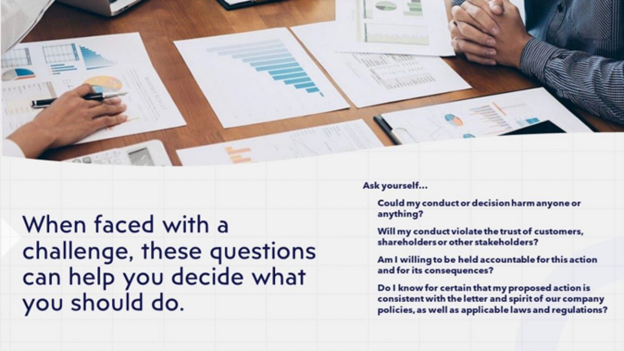11/06/2025
Why the Right Kind of Thinking Leads to More Ethical Decisions at Work
Based on our article published in the Journal of Business Ethics
Authors: Öykü Arkan Tunç, Mahak Nagpal, Tobey Scharding, and Danielle Warren
In today’s fast-moving work environment, we all make countless decisions every day—some routine, some high-stakes, and others that challenge our moral compass. But when it comes to doing the right thing, is it better to trust your gut or to pause and think it through?
In our recent study, published in the Journal of Business Ethics, we explored this very question. While philosophical traditions have long emphasized the importance of ethical reasoning, recent findings in behavioral ethics have painted a more skeptical picture, suggesting that deliberation, especially when dealing with conflicting viewpoints, might sometimes lead people to make less ethical choices.
That sounded counterintuitive to us. So, we asked: could it be that what people think about, not just how much they think, is what really matters?
We focused on something called normative deliberation—the kind of thinking that involves reflecting on moral values, ethical principles, and the interests of stakeholders. We wanted to know: Does encouraging this kind of reflection actually lead to better ethical decisions?
Across six experiments, we compared people who were asked to think normatively with those who were prompted to think in non-ethical ways, like solving math or logic problems. The results were clear: normative deliberation consistently led to more ethical judgments, intentions, and behaviors. People who were encouraged to think about what’s morally right made better choices, without any sign that deliberation itself led to worse behavior.
So what does this mean for organizations?
It suggests that fostering ethical behavior isn’t about telling people to “just follow their instincts.” Instead, it’s about creating a culture where people are encouraged to reflect on what’s right and why. This can be done through ethics training, stakeholder analysis exercises, or simply encouraging thoughtful conversations about values.
In short, when people think about ethics the right way, they’re more likely to act ethically. And that’s something organizations can actively support.




